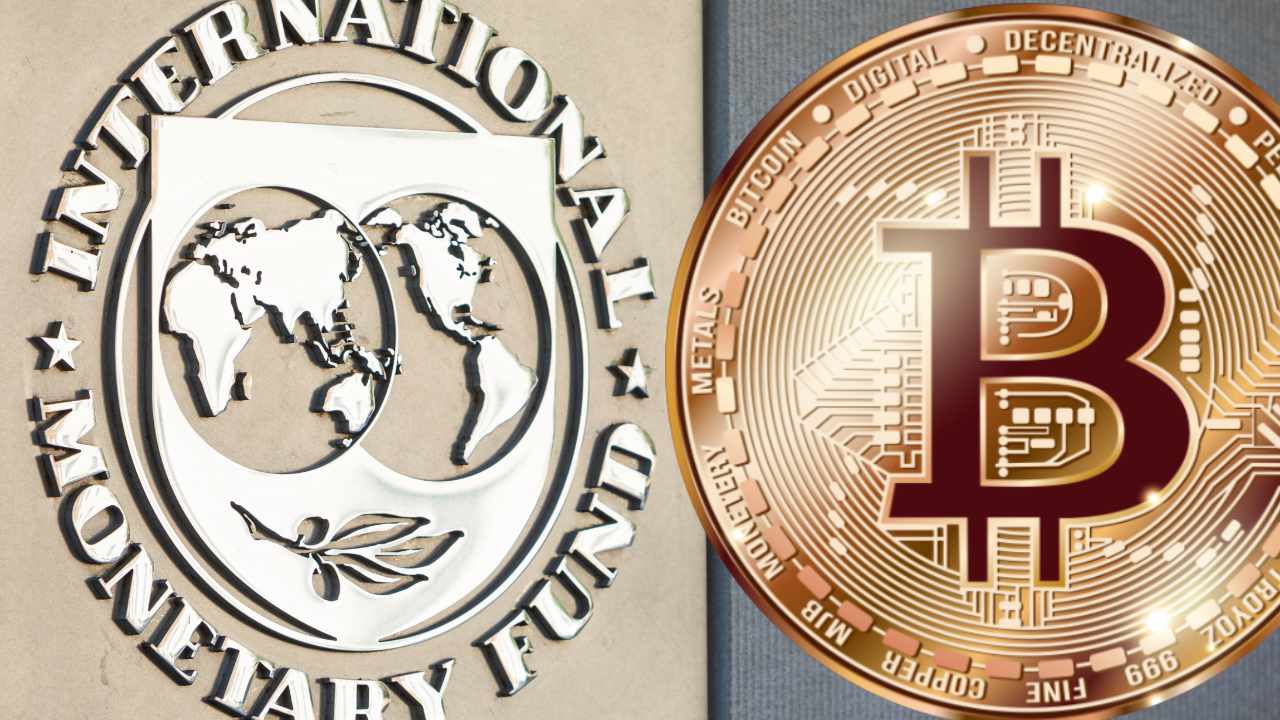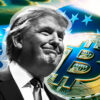In its Global Financial Stability Report published Tuesday, the IMF directly addressed crypto’s potential use in sanctions evasion by Russia and its potential to threaten the stability of existing financial systems through the changing banking landscape.
The global financial system has seen increasing “cryptoization” amid the war in Ukraine and the COVID-19 pandemic, according to the IMF. Though much of this is due to general trading activity, the IMF warned that it could be used as a means of circumventing identification checks in capital flows, essentially, a means of anonymously transacting overseas.
Bad actors may use non-compliant exchanges, mixers or other means to evade sanctions, though the IMF noted US and UK regulators have urged crypto firms to increase vigilance. They could also leverage energy resources to mine crypto and increase their funds.
To mitigate these crypto-specific risks, the IMF recommended that nations focus on the implementation of the Financial Action Task Force standards, which included a travel rule for crypto assets that require exchanges to transmit sender and recipient identification information, as well as implementing additional laws and regulations on foreign exchange and capital flow management to cover crypto.
“Essential steps include developing a comprehensive, consistent, and coordinated regulatory approach to crypto assets, and applying it effectively to capital flow management measures; establishing international collaborative arrangements for implementation; addressing data gaps; and leveraging technology (“regtech” and “suptech”),” said the report.
The report also takes a closer look at the decentralized finance (DeFi) space as a new form of intermediary and calls on regulators to tackle the new legal questions DeFi poses – essentially, how to regulate an entity that lacks a centralized point of contact.
“Regulation should focus on elements of the crypto ecosystem that enable DeFi, such as stablecoin issuers and centralized exchanges,” the report suggested. “Authorities should also encourage DeFi platforms to be subject to robust governance schemes, including industry codes and self-regulatory organizations. These entities could provide an effective conduit for regulatory oversight.”
The IMF previously called for a “comprehensive, consistent and coordinated” global policy for cryptocurrency in December of last year.
















































